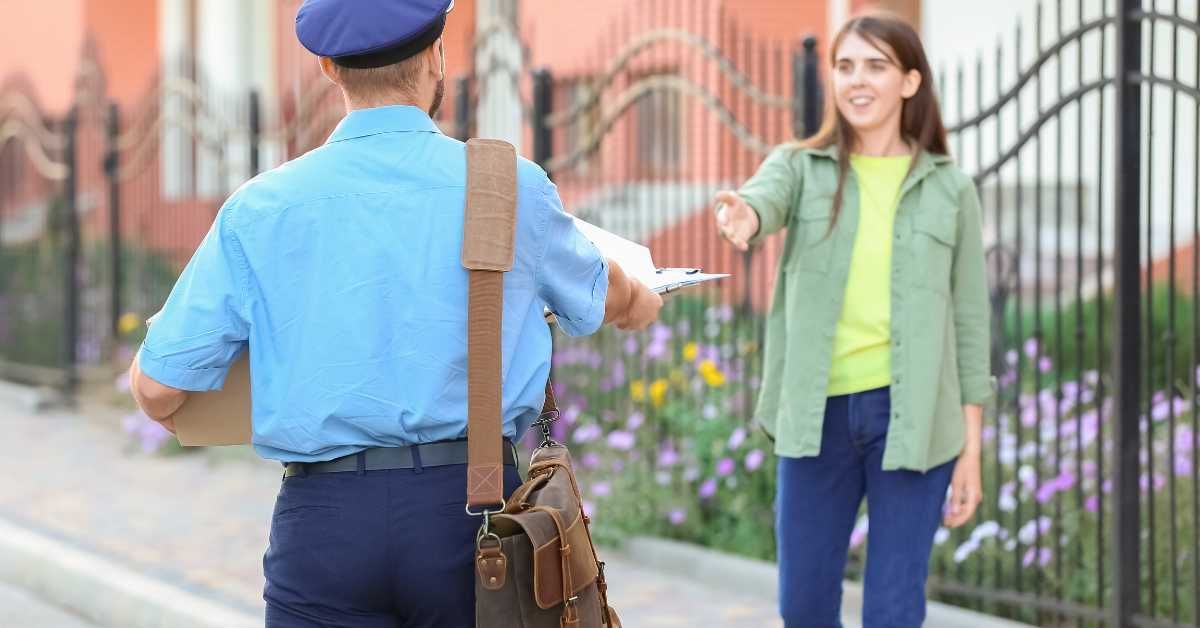Social media evidence is actually a thing.
by: Johnelle Rodriguez
If you’ve ever been called for jury duty, you know the process of selecting jury members is lengthy.
First, you report to the general area with the members of the large jury pool. Then, you wait.
And wait.
After what feels like forever, you listen for the names that are called, in hopes that you don’t hear yours. At least, that’s the typical person’s wish. When I served on my first jury a couple years ago, I had a gut feeling I was going to be selected, even if it wasn’t for the finalized jury. And I was. I was chosen for the initial group that was introduced to the trial, and I was also chosen for the final jury. I didn’t mind, though, because I actually was interested in the experience and wanted to see what it was like. However, the entire trial lasted a week, and it seemed as though it was dragging.
After the first set of people are selected to hear what the trial is about and be interviewed by both the plaintiff and the defendant attorneys, six to twelve jurors are chosen along with alternates. The alternates stay throughout the duration of the trial, but they do not participate in the deliberations unless they end up actually replacing a juror.
Sometimes, background checks are performed on potential jurors in a case by the attorneys arguing the case. This is done specifically to determine whether they’ve been involved in previous lawsuits, if they have criminal backgrounds, if they hold gun permits, or if they have bad driving records, for instance.
“It helps attorneys weed out people they don’t want or to accept people they do want based upon their background,” Bob, president of Professional Process Servers & Investigators, Inc., says.
But not only background checks are performed; social media searches are also done, and attorneys have their own reasons for wanting these.
Our company does jury selection background checks about once or twice a month, depending on how busy our clients are. The attorneys who use Bob trust that the information he obtains is accurate. Several of them have selected jurors based on social media evidence we have provided.
A number of our client law firms use us to perform checks for every trial they’re involved in. They’ll provide us a list of potential jurors, and we then execute background checks and social media searches and provide our findings to them while they’re in the jury selection process. All the jurors on the list are researched, even the backups. And these requests are time sensitive. Sometimes, Bob will even have to research these individuals from home on an overnight basis, sending this information to clients so they have it first thing in the morning.
What we do is find the person’s social media footprint and copy all their Facebook input, postings, and dialogue with Facebook friends. (Remember, this is all public record that is not covered under the Privacy Act because it is posted online.) What’s being looked for is potential abuse of information by the juror, who may be talking about or inquiring about the case or even mentioning the fact they’re involved in jury duty.
Many of us have gone on people’s Facebook pages and other social media platforms and have been able to gather information about them, even if it’s something as simple as viewing pictures of them and reading comments. Some of us have privacy settings enabled, but even then, not everything is hidden from the public. By doing something as simple as visiting someone’s social media page, we can get a brief insight on who we are looking at.
“Sometimes, in jury selection, I’ll do the background checks, and I’ll do the social media checks, and everybody is squeaky clean and it is a good jury,” Bob says. “And you gotta live with the verdict.”
As simple a procedure it may seem, to look at someone’s social media footprint and gather information, what is found can have a great impact and can sometimes be potentially very damaging for the case.
Attorneys use what is discovered based upon whether they need to challenge the verdict and based upon the juror’s use of social media about decisions or their decision-making process or evidence. Some information we have found from potential jurors has been significant in assisting several attorneys in petitioning the court to set aside a verdict based upon the behavior of the juror through social media.
Recently, a client of ours lost a case. He didn’t listen to his gut feeling. There was something inside him that led him to believe something was going on and that one or two of the jurors had done something to sway the other jurors. After doing a social media search on these individuals, we found evidence that was presented to the attorney, who was then able to have a mistrial declared. Now, they’re pending another trial.
So, this type of search can be helpful at times.
But it can be damaging as well. It depends which side you’re on and what you’re looking for in the jurors you’re selecting.
There’s even a whole industry in the legal profession where professionals are hired to select jurors, especially in high-profile cases. These professionals are looking for bias from all angles. What will be helpful all depends on which side of the case they’re on.
If someone is looking for bias against his or her client, this may show up in social media through events that jurors attend or through their comments about similar situations. If bias can be proved, if the case does not go your way, you can then go back and submit a request for retrial because of that bias. If you have the proof through social media, most judges may grant this request.
Use what you’ve got. The Internet is there for a reason. Why not take advantage?


Ready to hire a Process Server?
Get started by submitting a service request
Menu
Contact
800 W Cypress Creek Rd.
Suite 390
Ft. Lauderdale, FL 33309
M-F 8:30am-5:00pm
All Rights Reserved | Powered by MightyWebsiteBuilder.com | Professional Process Servers & Investigators, Inc.








